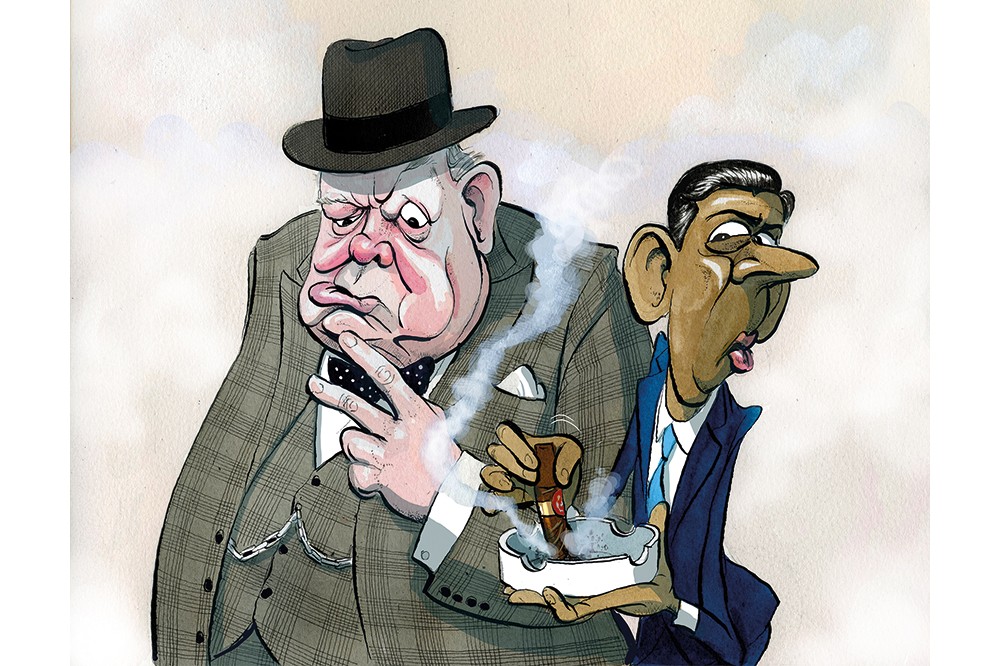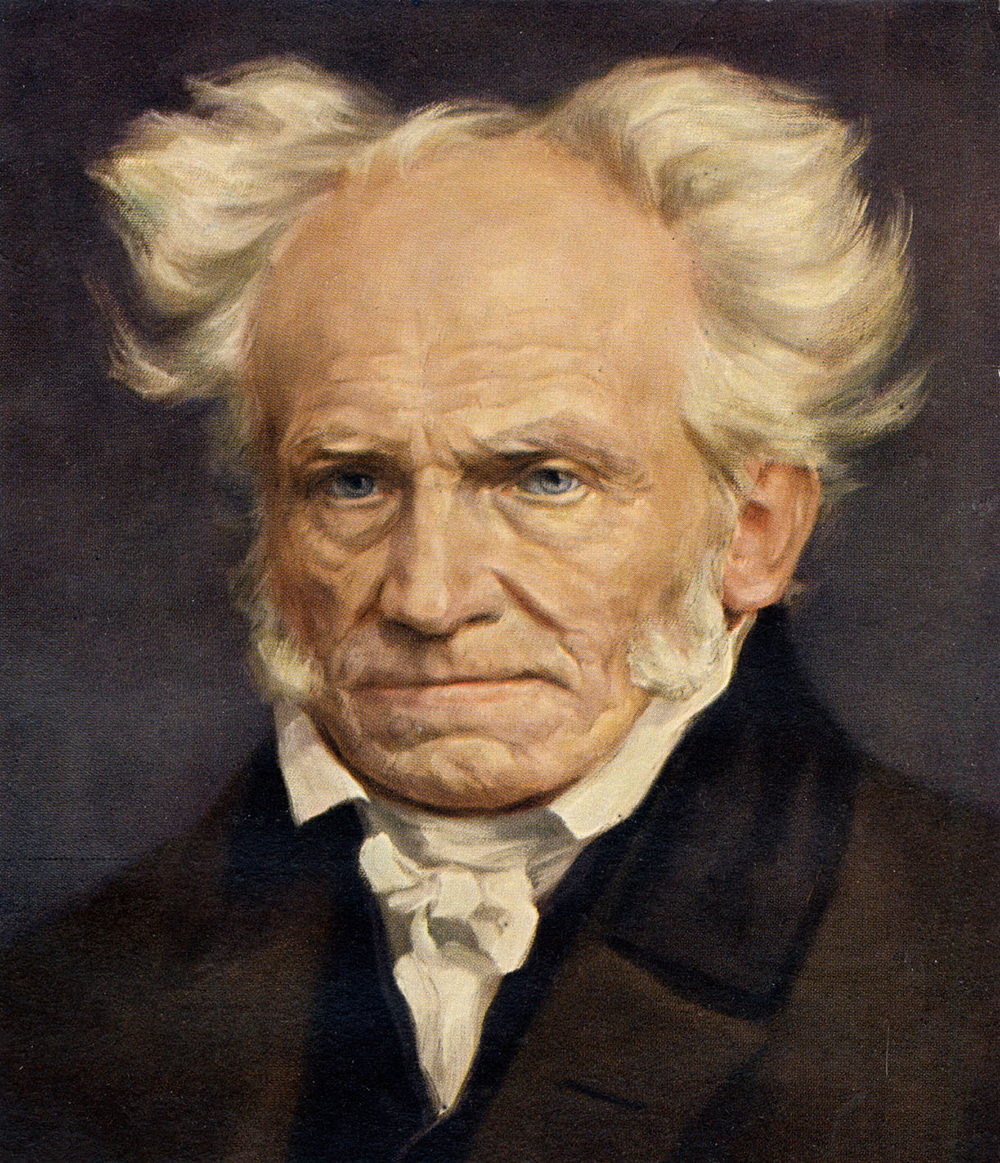Has Rishi Sunak’s surprise summer election spared Britain some nanny state interventions? At first glance it seemed so, as it was revealed yesterday that the Prime Minister’s legacy legislation – the Tobacco and Vapes Bill – did not make it into the pile of ‘wash-up’ legislation that Parliament will try to pass before its dissolution next week.
The Tories abandoned the defence of liberty a long time ago
Speaking to the BBC yesterday, Sunak expressed his ‘disappointment’ that he was ‘not able to get that through by the end of the session’ but still cited his crackdown on flavoured vapes and a proposed ban on tobacco sales for anyone born after January 2009 as ‘evidence of the bold action’ he is willing to take as prime minister.
The abandonment of a policy Sunak likes to hail as one of his great achievements has further fuelled the curiosity around his decision to call the general election for July. ‘He knows he called this election, yes?’ laments one frustrated MP. ‘His legacy, my seat’ quips another. If Sunak’s smoking ban does indeed bite the dust, he’ll have to be careful about where he looks for sympathy.
But the policy is not going to disappear. It is only delayed. Both Keir Starmer and his shadow health secretary Wes Streeting have already committed to resuscitating the plans for bans if they find themselves forming a government in six weeks’ time. This is likely to be the start of a new wave of nanny state measures – 14 years of Conservative meddling may soon be exacerbated by Labour.
There was a brief moment six months into Sunak’s government where it seemed like common sense might prevail. As inflation continued to bite, contributing to a very painful cost-of-living crisis, the plan to ban two-for-one deals on so-called ‘junk food’ was postponed for another two years. It seemed a rare, honest acknowledgement from ministers of what nanny state policies really do: make life more expensive for people. George Osborne and Theresa May’s sugar tax has done nothing to reduce obesity rates, for example, yet accounted for £355 million for the Treasury in the last financial year.
It seemed, in the moment, that Sunak’s promises to sort the country’s finances was really the priority: that tinkering with personal freedoms would take a back seat to high-spending, low-growth crises affecting the country.
But the moment was short-lived. In his Conservative Party Conference speech last year – made up of pick-and-mix policies, including reforms to A-levels – Sunak decided to take a play from Labour’s handbook and announce a New Zealand-style smoking ban that his opposition had been eyeing up.
This wasn’t your normal kind of meddling: it was a precedent-setting ban that would usher in two tiers of consumer rights for adults, depending on when you were born. Nineteen-year-olds would have different rights from 18-year-olds, and one day, 95-year-olds would have different rights from 94-year-olds. All this to stamp out a trend that is already on its way out, with smoking levels (and the number of children ever trying a cigarette) at historic lows.
There will be plenty of Tories who are quietly delighted that the smoking ban has fallen by the wayside thanks to the election – not least since New Zealand's new conservative coalition has abandoned their own plans, making the UK the only country in the developed world to be pushing this curb on personal freedoms for adults. But much of the damage has already been done: the majority of Tory MPs fell in line at the Bill’s second reading, with mainly the Trussite wing of the party standing up for personal freedoms. For defending the basic principles underpinning personal liberty, their arguments were chalked up as radical and extreme.
This makes it much harder for a potential Tory opposition to stand up to a pro-nannying Labour government – even if the party is recalibrated to support more classically liberal values (and that’s a big if).
Labour didn’t need much inspiration on the nannying front. This is the party that made one of its priorities in the capital the banning of images of jam and butter on the tube. Starmer proudly proclaimed that he is ‘up for that fight’ to embrace the ‘nanny state’ at the start of this year. ‘We're not going to sit idly by while children become fatter, more unhealthy, less happy,’ said Streeting around the same time, in reference to ‘junk food’ ads.
We have every reason to think the nanny state will be back in full force. And unlike the Tory party, which often signals that it’s implementing crackdowns and bans with a heavy heart, Labour aren’t hiding their enthusiasm for intervention. Expect the smoking ban to return, with fewer exemptions than were being considered under the Tories (for cigars, for example). Expect supermarket food deals and ‘junk food ‘advertisements to grab Labour’s attention. Thanks to the Tories, Labour will have a new mechanism to implement all this: creating a new set of restricted rights for young adults, different from the rights of their older peers.
Sunak is very likely to secure his legacy, although now he will have to share the credit. It may well be his announcement, but Labour’s law, that makes it illegal to sell tobacco to the next generation of adults. Meanwhile the country prepares for more meddling in their personal choices: the pathway cleared for Labour by the Tories, who abandoned the defence of liberty a long time ago. That’s a legacy, to be sure, but is it one to celebrate?








Comments